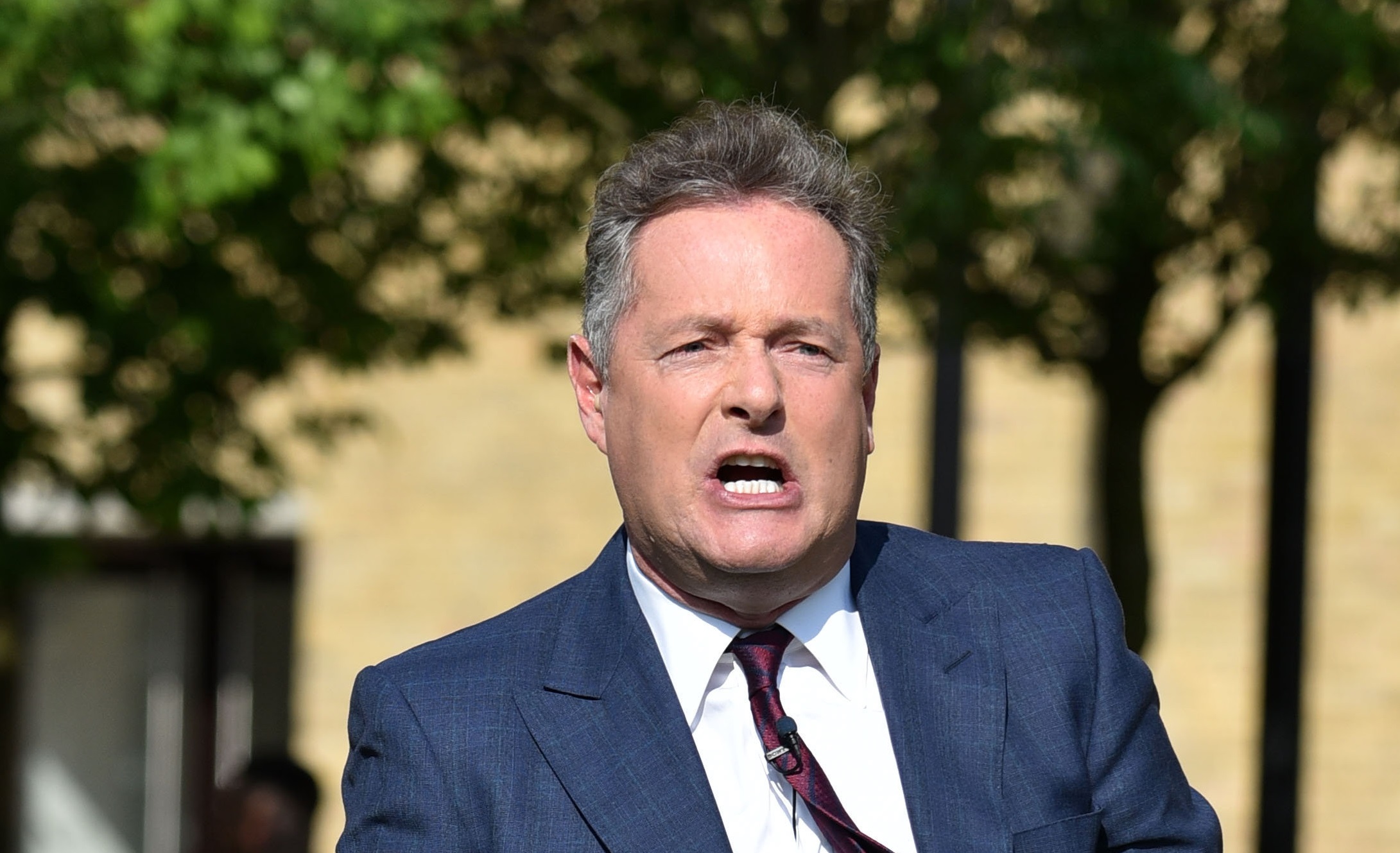ITV has announced that it will ensure that guests appearing on Good Morning Britain and This Morning must be aware of the threat of online trolling. This new ITV policy referred to a ‘vulnerability awareness’, aims to ensure that guests acknowledge the prospect of trolling they face by appearing on the programmes and ITV shall help prepare them to navigate potential social media fallouts. Yet, for a network that has recently seen the suicide of a guest on The Jeremy Kyle Show, is this bare-minimum approach really going to mitigate future tragedies?
The new policy has been introduced following ITV’s publication of a Duty of Care charter in June. ITV was strongly criticised for a lack of aftercare and have brought in this new policy as a means of alleviating concerns around the mental wellbeing of those who appear on their shows. In a statement, ITV said that “The physical and mental health of everyone we work with is our highest priority. We introduced this in line with ITV’s guidelines earlier this year.”
The choice to warn guests appearing on the morning programmes Good Morning Britain and This Morning is clearly a direct consequence of the death of The Jeremy Kyle Show guest Steve Dymond in May of this year. The guest, who was alleged to have been exposed as an unfaithful partner by the show’s lie-detector test, was found to have committed suicide in the week following filming. This led to the cancellation of the long-running show as ITV finally took account for the exploitative and detrimental nature of the programme wherein guests would frequently be baited into confrontations in almost pantomime theatrics. However, had Steve Dymond been informed of the dangers of trolling and been provided with help to navigate social media, would the situation really be any different?
While the evidently damaging The Jeremy Kyle Show may be off-air, ITV’s morning programming is still composed of the controversial Good Morning Britain. The show features Piers Morgan making purposefully inflammatory comments and ridiculing guests in an attempt to provoke a furore and generate attention. After all, ITV is not oblivious to the fact that controversy is a sure-fire means of boosting ratings. This desire to be controversial and to debate guests over issues from the serious to the slapstick still maintains the legacy of Jeremy Kyle’s guest-baiting approach, hoping to produce outrage that will spill out onto social media once the show has aired. This provides a clear pathway for trolling as guests, upon leaving the show, are likely to find themselves being derided on social media.
ITV’s morning programming has not been unique in terms of trolling, however, as proven by the extensive online abuse levelled at contestants on Love Island. The show, similarly to the cancelled The Jeremy Kyle Show, has also seen previous contestants commit suicides. Previous contestants of the show Sophie Gradon and Mike Thalassitis both took their own lives not long after appearing on the series. ITV CEO Dame Carolyn McCall said it would be to ‘simplify’ their deaths by directly linking them to the show, yet Sophie Gradon’s mother responded with the harrowing statement: ‘In my beautiful darling daughter’s own words: “I sold my soul to ITV”.’ While it would be inaccurate and unknowable to attribute these deaths entirely to trolling, it is highly likely that the lack of after-care guests received after leaving the programmes exacerbated their ability to navigate the volatile and potentially detrimental social media landscape.
The introduction of this policy to ensure guests are aware of the dangers of trolling, and provide help on social media, is a definite move towards minimising the detriment of abuse on guests’ mental health. The policy is a step in the right direction, but it is simply a step and more must be done by the broadcaster to prevent the continuation of such tragedies. ITV has recently used its platform to encourage open mental health discussions as part of its ‘Get Britain Talking’ campaign, and so it is now time that the broadcaster practices what it has preached and tackles trolling in a more impactful way.
Image Credit: ITV Studios

